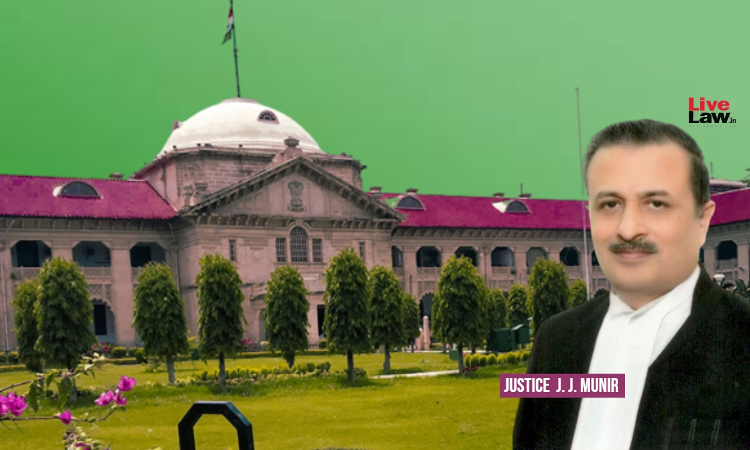Transfer Order Allegedly In Violation Of State Policy Cannot Be Challenged In Writ Jurisdiction: Allahabad High Court
Upasna Agrawal
7 Aug 2023 11:45 AM IST

Next Story
7 Aug 2023 11:45 AM IST
The Allahabad High Court has held that a transfer order alleged to be passed in violation of State policy cannot be challenged in writ jurisdiction since no statutory right is affected. State policies are administrative in nature and are distinguishable from statutory laws made by the legislature, it held.“Transfer is indeed an exigency of service and interference by this Court in exercise...
